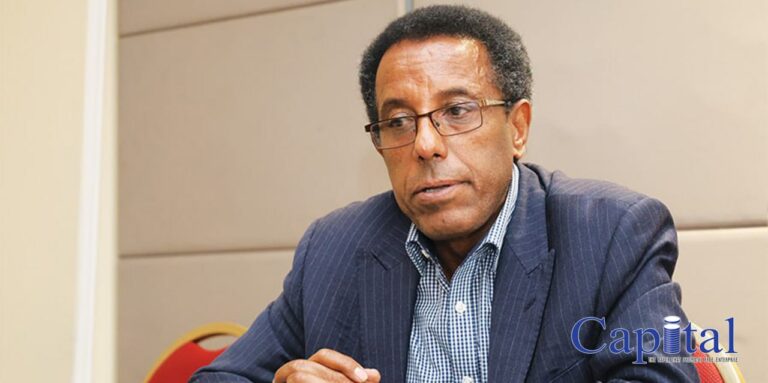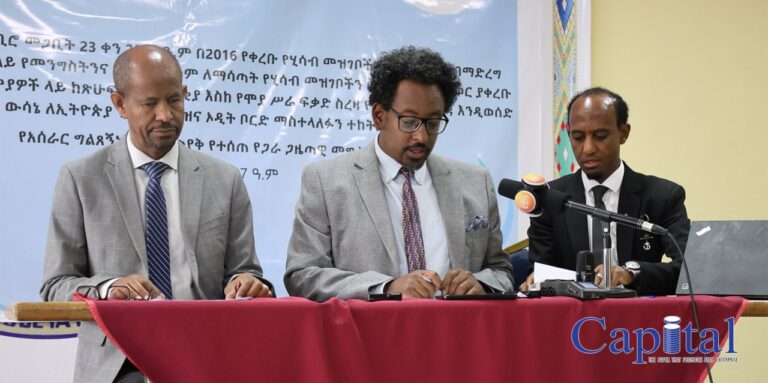The National Bank of Ethiopia (NBE) has unveiled a sweeping new directive aimed at overhauling corporate governance across the country’s insurance sector, in a move widely hailed as a turning point for industry transparency, accountability, and stability.
Directive No. SIB//2025, released this month, introduces far-reaching reforms to the management and oversight of Ethiopia’s insurance companies. The NBE’s initiative comes as the sector faces mounting pressure to modernize, improve consumer trust, and align with international best practices amid broader regulatory changes sweeping across East Africa.
The directive mandates that at least one-third of board members at insurance firms must now be independent, with no family, business, or employment ties to the company. This measure is designed to strengthen objectivity in critical board functions such as risk management, strategic planning, and audit oversight.
For the first time, the NBE is also requiring staff representation on boards and the appointment of independent directors, a move industry experts say will foster more balanced and transparent governance. “This is a bold and timely regulatory measure that will have a major impact on the governance and sustainability of Ethiopia’s insurance industry,” said sector veteran Getachew Beshawred.
To ensure these changes are effective, the directive calls for management training for employee board members and rigorous conflict-of-interest screening for independent directors. A formal conflict of interest registry will also be established, with directors required to disclose any potential conflicts before every board meeting and abstain from related decisions.
Insurance companies must now establish key executive committees—including audit, risk and legal compliance, and nomination and remuneration committees—with clearly defined roles and regular meeting schedules. These bodies are expected to play a pivotal role in analyzing operational risks, ensuring capital adequacy, and addressing policyholder complaints.
In a bid to increase board accountability, the directive introduces mandatory annual self-assessments, with boards required to evaluate their effectiveness and report findings to both shareholders and the NBE.
NBE officials emphasized that the reforms are designed to put the interests of policyholders above those of shareholders. “In insurance, trust is the product, and payment integrity is the brand,” said Getachew, underscoring the sector’s social responsibility.
The directive also encourages insurers to integrate environmental, social, and governance (ESG) principles into their operations, requiring directors to manage sustainability-related risks and opportunities. This forward-looking approach aims to position Ethiopia’s insurance sector among the most robust in Sub-Saharan Africa.
The directive comes as Ethiopia prepares to establish an independent insurance regulatory agency by June 2025, ending nearly five decades of central bank oversight. The move is expected to open the sector to greater international investment and foster innovation, as the government seeks to address longstanding challenges such as low insurance penetration, limited product variety, and skills shortages.
Industry analysts see the new governance rules as a critical step toward unlocking the sector’s full potential. “Regulatory enhancements have sought to foster stability and consumer confidence,” notes a recent regional insurance outlook, pointing to the broader trend of modernization and financial inclusion across East Africa.
As the reforms take effect, the effective implementation and enforcement of these new standards will be crucial in realizing their promise—building a more transparent, accountable, and resilient insurance sector that benefits both industry players and Ethiopian policyholders.







